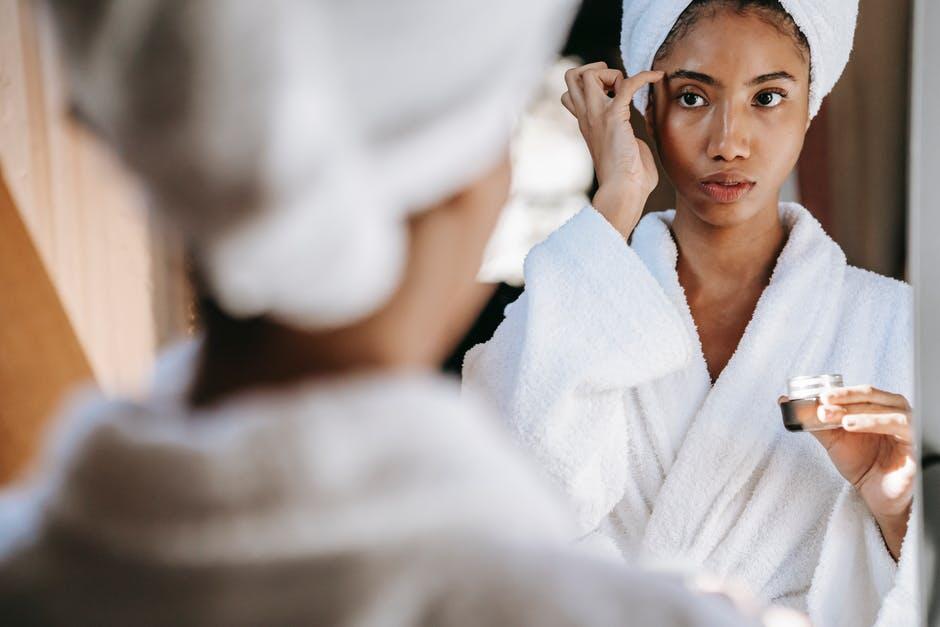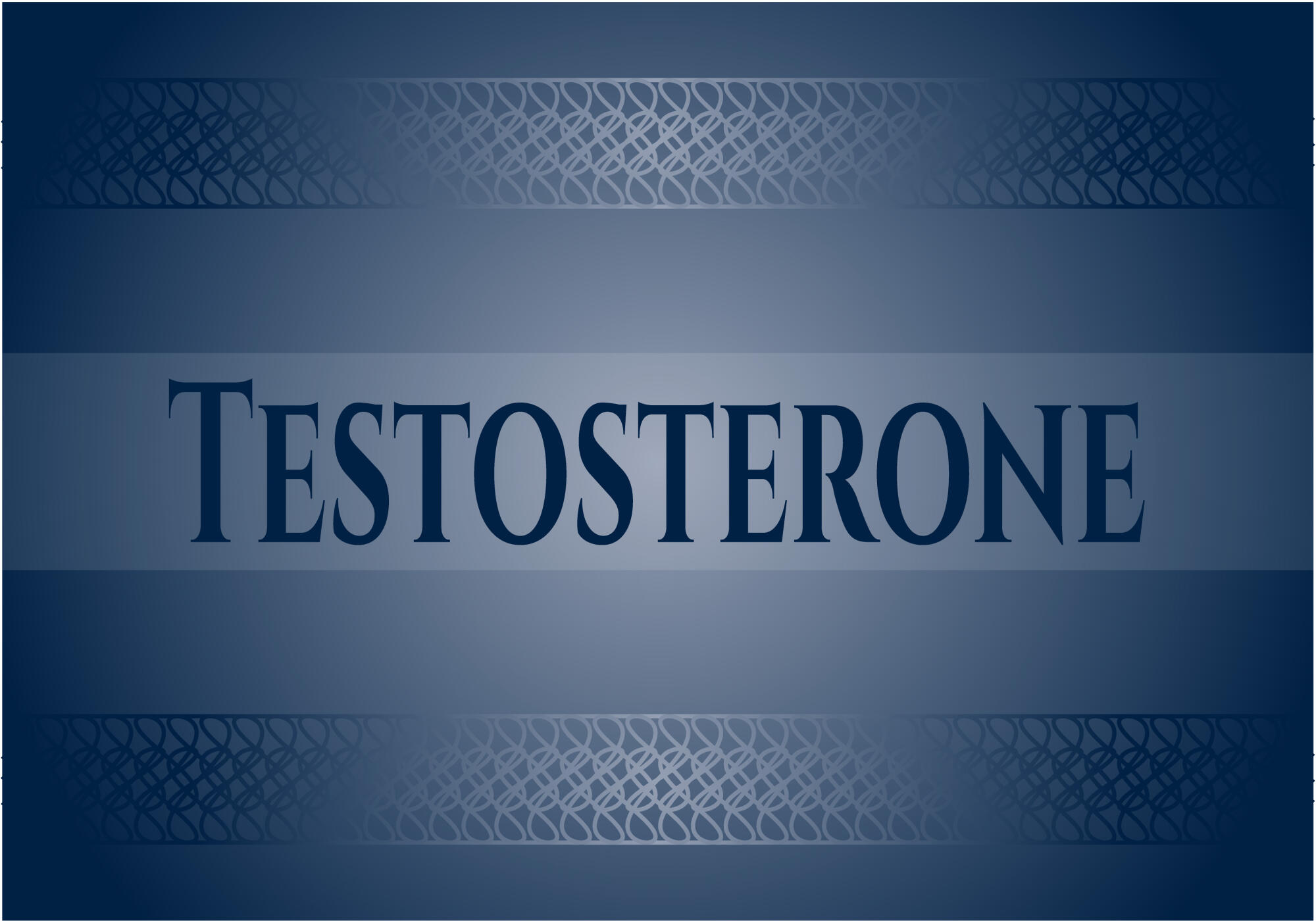Does your body ever feel like it isn’t entirely in sync with your lifestyle? Our health and well-being are often sidelined by the hustle and bustle of daily life. Thankfully, there is a solution that promises relief and aligns our bodies’ natural processes.
BHRT or Bioidentical Hormone Replacement Therapy can be a lifeline for those looking to restore balance and rejuvenation. How much does BHRT therapy cost?
Continue reading below to learn how you can turn the tide on hormonal imbalance.
What Is BHRT?
BHRT is a form of therapy that aims to alleviate symptoms associated with hormonal imbalances or declines in hormone production, often due to aging or specific health conditions. Traditional hormone replacement therapies may use synthetic or animal-derived hormones. However, BHRT utilizes compounds that are chemically identical to the hormones naturally produced by the human body.
These bioidentical hormones include:
- Estrogens
- Progesterone
- Testosterone
The primary goal of BHRT is to restore hormone levels to a more youthful and balanced state. Restoring these reduces or eliminates symptoms such as:
- Hot flashes
- Night sweats
- Mood swings
- Weight gain
- Fatigue
- Decreased libido
Benefits of BHRT
One of the most significant benefits of BHRT is its ability to ease the often disruptive symptoms of menopause. From reducing the intensity of hot flashes and night sweats to minimizing vaginal dryness, BHRT can markedly improve daily comfort. For many women, this means not just better nights but better days too.
Hormonal imbalances can send our moods on a rollercoaster ride. BHRT helps smooth out these fluctuations, fostering emotional stability. This steadier emotional state can enhance mental well-being, making challenges more manageable and joys more profound.
A decline in sexual desire can strain personal relationships and affect self-esteem. By rebalancing hormones like estrogen and testosterone, BHRT can reignite libido, enriching personal connections and restoring a vital aspect of health.
Sleep issues often accompany hormonal changes, leading to insomnia and restless nights. BHRT can help regulate sleep cycles, promoting deeper, more restorative sleep. This improvement in sleep quality is pivotal for both physical health and daily functioning.
Estrogen plays a crucial role in maintaining bone density. BHRT supports skeletal strength, helping prevent conditions like osteoporosis. This protective effect is especially important for women at increased risk of bone loss as they age.
Hormonal balance affects skin elasticity and moisture. BHRT can improve skin health, contributing to a more youthful appearance. Many women notice a reduction in fine lines and an improvement in skin texture.
Emerging research suggests BHRT may positively impact cognitive health, potentially safeguarding memory and focus. While studies continue to explore this benefit, the possibility of maintaining sharper cognitive functions is an appealing aspect of BHRT.
Beyond addressing specific symptoms, BHRT aims to enhance quality of life. Women often report increased:
- Energy
- Vitality
- Sense of wellness
This holistic improvement underscores BHRT’s role not just in symptom management but in fostering a more vibrant life.
BHRT vs. Traditional Hormone Therapy
Each approach offers its unique benefits and considerations, particularly when it comes to the type of hormones used and their effects on the body. Understanding the differences between these therapies is crucial for making an informed decision that aligns with one’s health goals and personal preferences.
Bioidentical Hormones: The Cornerstone of BHRT
BHRT utilizes hormones that are chemically identical to those naturally produced by the human body. This molecular mimicry is thought to offer a more natural and harmonious fit with the body’s hormone receptors, potentially leading to a reduction in side effects compared to synthetic alternatives.
Bioidentical hormones are derived from plant sources and then customized in a lab to match the individual’s hormonal needs. This personalized approach allows for fine-tuning of hormone levels, aiming to closely replicate the body’s natural rhythms.
Traditional Hormone Therapy: A Broader Approach
Traditional hormone therapy often relies on synthetic hormones or those derived from animal sources, such as conjugated equine estrogens. These hormones are standardized rather than customized, which means they may not match as closely with the body’s natural hormones.
While effective for many women, this lack of individualization can sometimes lead to a discrepancy in how the hormones interact with the body, potentially resulting in a higher likelihood of side effects or less optimal symptom relief.
Efficacy and Safety Considerations
Both BHRT and traditional hormone therapy have been shown to be effective in alleviating symptoms of menopause and other hormonal imbalances. However, the debate around efficacy and safety continues, with some studies suggesting that the bioidentical nature of BHRT might offer advantages in terms of side-effect profiles and overall tolerability.
It’s important to note, though, that both therapies carry risks, particularly when it comes to long-term use and the potential for increased risk of certain health conditions. The key is personalized medical oversight and regular monitoring, regardless of the therapy chosen.
Types of Hormone Therapy
BHRT offers a personalized approach to addressing hormonal imbalances, tailored to each individual’s unique physiological needs. BHRT encompasses a variety of hormone types and administration methods, allowing for a highly customizable treatment plan.
Estrogen
Estrogen is one of the primary hormones replaced through BHRT, especially for women experiencing menopausal symptoms. Bioidentical estrogen aims to mimic the body’s natural estrogen and can help alleviate a wide range of symptoms, including:
- Hot flashes
- Night sweats
- Mood changes
- Vaginal dryness
Estrogen therapy may involve a single type of estrogen or a combination, depending on the individual’s needs.
Progesterone
Bioidentical progesterone is used alongside estrogen in women who still have their uterus, to balance estrogen’s effects and reduce the risk of endometrial cancer. Progesterone can help with symptoms such as mood swings and sleep disturbances. It is also important for maintaining the health of the uterine lining and ensuring a balanced hormone therapy regimen.
Testosterone
Though often considered a male hormone, testosterone plays a crucial role in women’s health as well, contributing to:
- Libido
- Bone density
- Muscle mass
- Mood
Bioidentical testosterone therapy may be recommended for women experiencing low libido, fatigue, or loss of muscle strength. It is sometimes used in combination with other hormones for a comprehensive approach to hormone balance.
DHEA (Dehydroepiandrosterone)
DHEA is a precursor hormone that can be converted into both estrogen and testosterone in the body. It is involved in a variety of bodily functions, including:
- Immune response
- Mood regulation
- Sexual function
BHRT with DHEA can support overall hormone balance and is particularly looked at for its potential to improve vitality and well-being.
BHRT Therapy Cost in 2024
The cost of BHRT is influenced by a variety of factors including:
- The healthcare provider’s fees
- The types and quantities of hormones used
- The method of administration
- The frequency of necessary follow-up visits to ensure optimal dosing
Understanding these costs is crucial for anyone considering BHRT as a treatment option.
Getting Started
Initial consultation fees with providers specializing in BHRT can vary widely, generally falling between $100 and $400. This initial meeting is critical for assessing your health background, symptoms, and determining the appropriate course of treatment.
Following this, comprehensive lab tests are required to establish baseline hormone levels. The cost for these preliminary tests can range from $100 to $300, depending on the scope of testing. As treatment progresses, regular monitoring through follow-up lab tests, recommended every 3 to 6 months, incurs similar costs to ensure the therapy remains effective and adjusted as needed.
On-Going Costs
The hormones themselves represent a significant portion of the overall cost, which can fluctuate from $30 to $200 per month. This variance is due to:
- The specific hormones prescribed
- Their dosages
- The chosen method of delivery
- Pills
- Creams
- Patches
- Pellets
It’s important to note the difference in costs between compounded bioidentical hormones, which are custom-prepared to a doctor’s specifications, and FDA-approved formulations. Compounded hormones, while personalized, may not always be covered by insurance, impacting the overall expense.
Follow-up visits to the healthcare provider, essential for adjusting the treatment plan and hormone dosages, are typically required every 3 to 6 months. The cost for these visits can range from $75 to $250 each, depending on the provider and the level of care needed during each visit.
Insurance coverage for BHRT can vary significantly. While some plans may cover the consultation, lab tests, and FDA-approved hormone preparations, many do not extend coverage to compounded hormone treatments. It’s essential to consult with your insurance provider to understand what components of BHRT might be covered and to what extent.
Paying for BHRT: Insurance and Out-of-Pocket Options
Navigating the financial aspects of BHRT can be complex, particularly when it comes to insurance coverage and managing out-of-pocket expenses. Insurance coverage for BHRT varies significantly among providers, with some plans offering comprehensive coverage and others providing limited or no coverage.
Understanding your insurance policy and knowing how to effectively navigate claims is crucial for anyone considering this therapy.
Insurance Coverage for BHRT
Insurance coverage for BHRT is not typical. FDA-approved bioidentical hormones tend to have a higher likelihood of being covered, whereas compounded hormones, despite their popularity for personalized treatment, often are not.
It’s imperative to engage in direct conversations with your insurance provider to clarify the specifics of your coverage, including any deductibles and co-payments, and to inquire specifically about coverage for the type of hormone therapy you are considering.
Navigating Insurance Claims
When navigating insurance claims for BHRT, a proactive approach is beneficial.
Start by thoroughly understanding your policy’s details regarding hormone therapy coverage. Some plans may require pre-authorization for certain treatments, so it’s important to check this requirement beforehand and work with your healthcare provider to comply with any necessary pre-approval processes.
Keeping detailed records of all healthcare visits, prescriptions, and interactions with your insurance company is also vital, particularly if you need to appeal a denied claim or verify specific coverage details.
Managing Out-of-Pocket Expenses
Managing out-of-pocket expenses for BHRT involves careful planning and budgeting. The costs can vary widely, including:
- Initial consultations
- Lab tests
- The hormones themselves
- Ongoing monitoring
Creating a budget to accommodate these expenses can help manage the financial impact. Additionally, exploring options like Health Savings Accounts (HSAs) or Flexible Spending Accounts (FSAs) can provide some relief, as these accounts often allow for the allocation of pre-tax dollars towards healthcare expenses, including some aspects of hormone therapy.
For those facing high out-of-pocket costs, investigating financial assistance and savings programs is a valuable step. Some pharmacies offer savings programs that can reduce the cost of medications, including bioidentical hormones.
Additionally, pharmaceutical manufacturers sometimes provide discounts or coupons for FDA-approved products, which can significantly lower expenses. Healthcare providers may also be aware of assistance programs or resources that can help cover the costs of BHRT, making it worthwhile to discuss these concerns with your provider.
How to Make BHRT More Affordable
Given that BHRT is an ongoing therapy, it’s important to budget for it as part of your regular healthcare expenses. Setting aside a fixed amount each month can help manage costs more effectively, preventing financial stress and ensuring continuity of care.
While “generic” may not always apply in the traditional sense to compounded bioidentical hormones, some components of the therapy may have less expensive, FDA-approved generic counterparts. Discuss with your healthcare provider whether there are generic or more affordable versions of the hormones you need.
If you have an HSA or FSA, you might be able to use these funds to pay for part of your BHRT. These accounts allow you to use pre-tax dollars for eligible medical expenses, which can effectively lower the cost of your treatment. Check the specifics of your account to understand what expenses are eligible.
The method of hormone delivery can affect the cost of BHRT. Discuss with your healthcare provider the most cost-effective methods that would still suit your treatment needs. Sometimes, a slight adjustment in the delivery method can result in substantial savings without compromising the effectiveness of the therapy.
Embracing Your Health Journey: Understanding BHRT Therapy Cost
Understanding BHRT therapy cost is a crucial step towards embracing a healthier, more balanced life.
At Evolve Telemed, we’re not just about treatments. We provide ongoing support and foster a partnership that extends beyond initial consultations. Our commitment to maintaining a continuous dialogue ensures that you’re supported at every stage of your journey.
With a focus on making BHRT therapy accessible, we’re dedicated to empowering you through a collaborative healthcare experience designed around your progress.
Get started with Evolve Telemed today.











